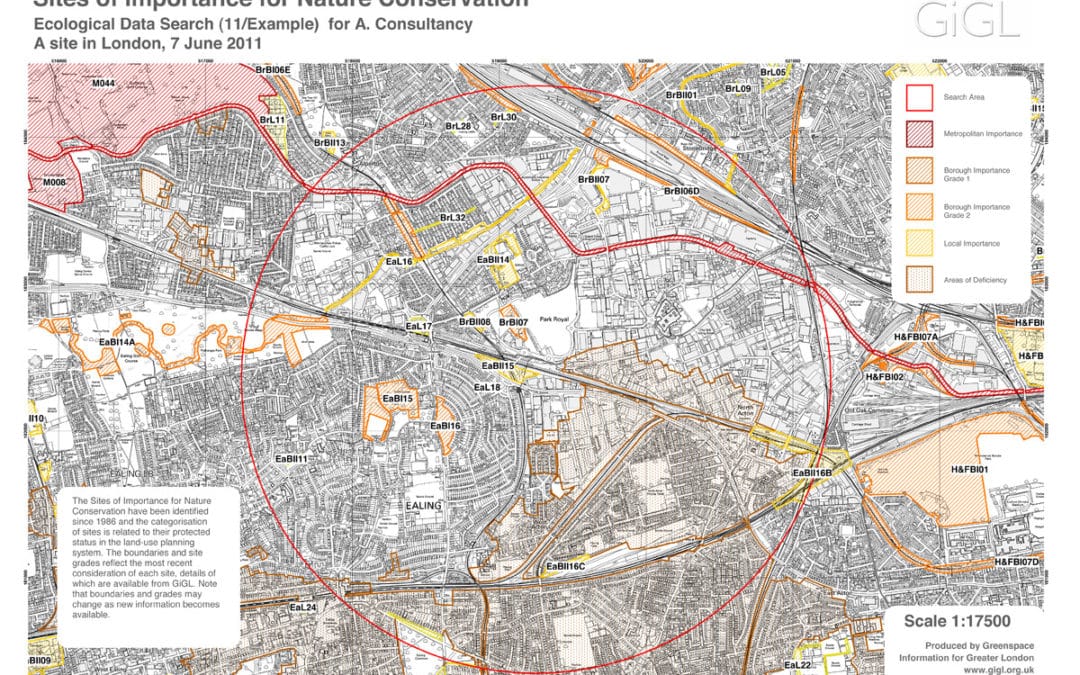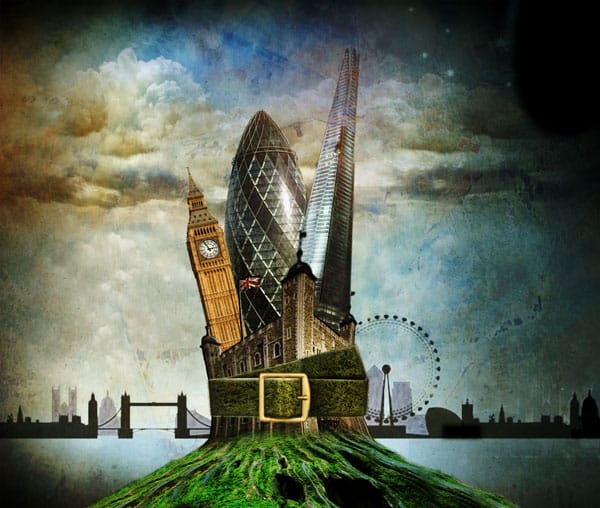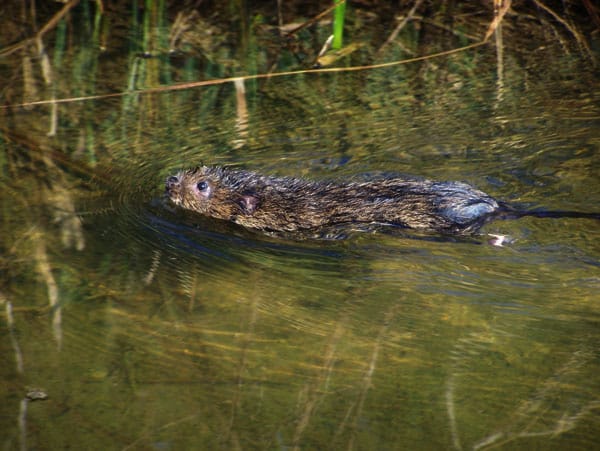A new online mapping interface that allows Londoners to find London’s parks open spaces and wildlife sites has emerged out of the demise of similar services, the rise of the All London Green Grid and increasing demand for web-based access to GiGL’s key datasets.
Issue 12

SINCs Board
GiGL is now the official custodian of information on London’s 1,500 sites of importance for nature conservation – their citations and boundary information. This core dataset is one on which many of our products and services rely. Its accuracy is vital and we are working closely with our partners to help them update and maintain this important collection of data.

Roll the Presses
Our gardens research project has caused quite a stir, not only within our patch, but also in the national and international press. Almost a year has passed since we completed the project, and we reflect here on the press coverage received and the benefits of partnership work.

Australian Invasion
Invasive non-native species are thought to be the biggest threat to biodiversity globally, second only to habitat destruction. They can result in significant declines in native fauna and flora, devastate threatened species and replace rich local biodiversity with a sea of a single species. They are reported to cost the British economy alone around £1.7 billion annually.

Rivers of Data
We always knew that iGiGL, our new online mapping interface, had great potential. Its value in allowing users to access our data without the need for desktop mapping software has already been recognised by Natural England and the Environment Agency. For no sooner had we launched iGiGL than they approached us about the possibility of extending its functionality.

Tighten our Green Belts
Since the 1950s, London’s green belt and metropolitan open land designations have been instrumental in protecting open space across the capital. However, London-wide datasets for these two designations are not currently widely accessible and those that exist do not accurately reflect the current site boundaries as designated by London boroughs.

Screening Nature
The Environment Agency needs your information about rare wildlife. We regulate others and we impact the environment ourselves. To carry out our business, to protect and enhance wildlife, one of our most fundamental needs is for information about where rare species and habitats are.

Not such a Big Society after all
The new political focus on a “Big Society” and the serious funding challenge that faces the nature conservation sector as a result of the Comprehensive Spending Review presents opportunities and challenges to the biodiversity delivery. An MSc project investigating...
